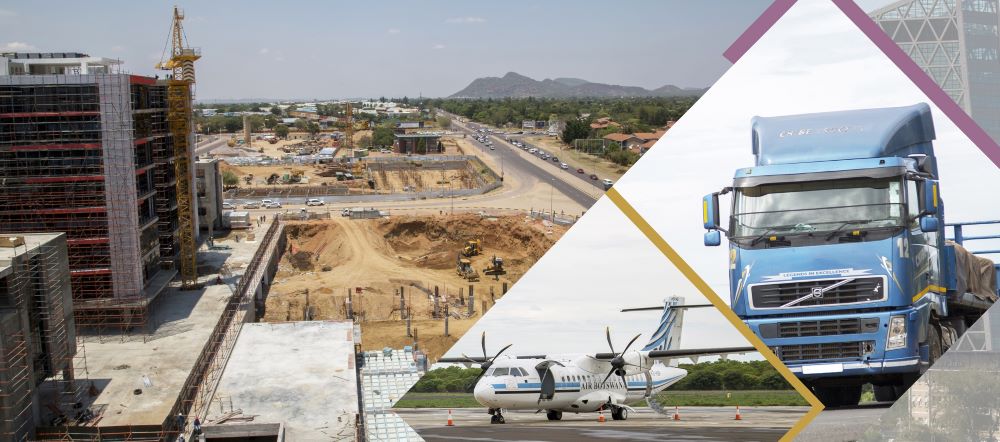(3 Minutes Read)
Special Economic Zones Authority (SEZA) of Botswana strives hard to realizes its dream of establishing Selebi Phikwe as the country’s base metal beneficiation and logistics hub.
Special Economic Zones Authority (SEZA) of Botswana strives hard to realizes its dream of establishing Selebi Phikwe as the country’s base metal beneficiation and logistics hub. According to SEZA Chief Executive Officer (CEO) Lonely Mogara, the decision to establish the SEZ was premised on leveraging the proximity of copper and nickel mine operations in the town to create opportunities for beneficiation through processing, diversification, and manufacturing.
Selebi Phikwe will provide a platform for deepening value chain development across the base metals sector and triggering the growth of other sectors like tourism, transport, and retail. The idea is to promote value addition in the mining sector, with a view to unlocking opportunities for new high-growth companies, creating employment, and promoting a multi-export product space. This will result in significant job creation, economic diversification, and transformation, said Mogara.
Coincidentally, the project comes at a time when the world has witnessed significant growth and importance of base metals, triggered by the global energy transition. According to Mogara, minerals like copper, nickel, manganese, and lithium have grown into prominence in the past 10 years, largely due to the transition to clean energy. As a result, they are no longer considered ‘base metals’ but rather ‘critical metals’ due to their increased importance going into the future.
This means that the Selibe Phikwe SEZ has also grown in importance; not only as a source of copper and nickel, but also as a driver of the strategy of value chain development. This SEZ will be the hub of critical metal beneficiation in the region. With opportunities arising from the Africa Continental Free Trade Agreement (AfCFTA), the Selebi Phikwe SEZ will also create export opportunities, said Mogara.
The strategy is to move Botswana away from just mining and to facilitate large anchor firms focused on copper and nickel processing, steel making and recycling, aluminum recycling, and stainless-steel industries. The SEZ will also allow for smaller SMEs to feed off the large anchor firms and establish businesses like manufacturing of cans, utensils, kitchenware, gates, roofing sheets, door and window frames, jewellery, coins and ornaments. With this strategy, we expect Selebi Phikwe to grow from where it is now to be the largest industrial center in Botswana. The SEZ will be able to create 7,000 direct and indirect jobs. SEZA will also develop an intentional SMME strategy that will allow smaller businesses to have a play. Overall, the SEZA strategy will create forward and backward linkages in the economy; provide a market and stable offtake for the mines; and also enable the country to produce any products that have metals.
Read Also:
https://trendsnafrica.com/botswanas-biggest-trade-fair-is-on/
Selebi-Phikwe, a mining town, in eastern Botswana located 100 km southeast of Francistown. Situated in the centre of a large copper-nickel mine and a smelter complex, it was one of the fastest-growing towns in the country in the late 20th century, although its growth has leveled off since the turn of the 21st century. The copper and nickel operation, in which the government of Botswana had a 15 percent share, began production in 1974. Laid out as a fully integrated township with modern housing, electricity, and water facilities, Selebi-Phikwe was built for the mining community by the Botswana Roan Selection Trust. Funding in part was provided by the World Bank and other international development agencies. Roads, a railway, and an airport were built to link the town with Botswana’s main lines of communication.





